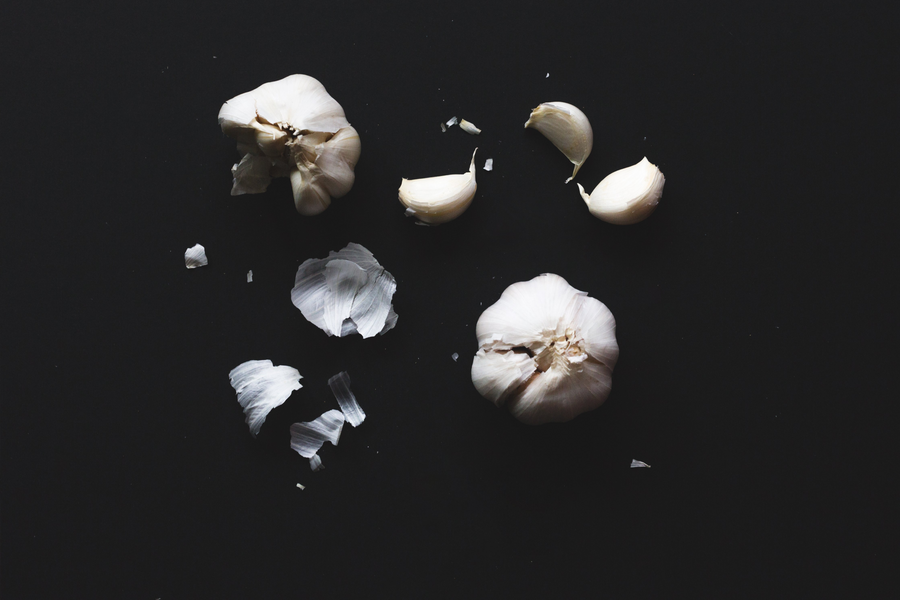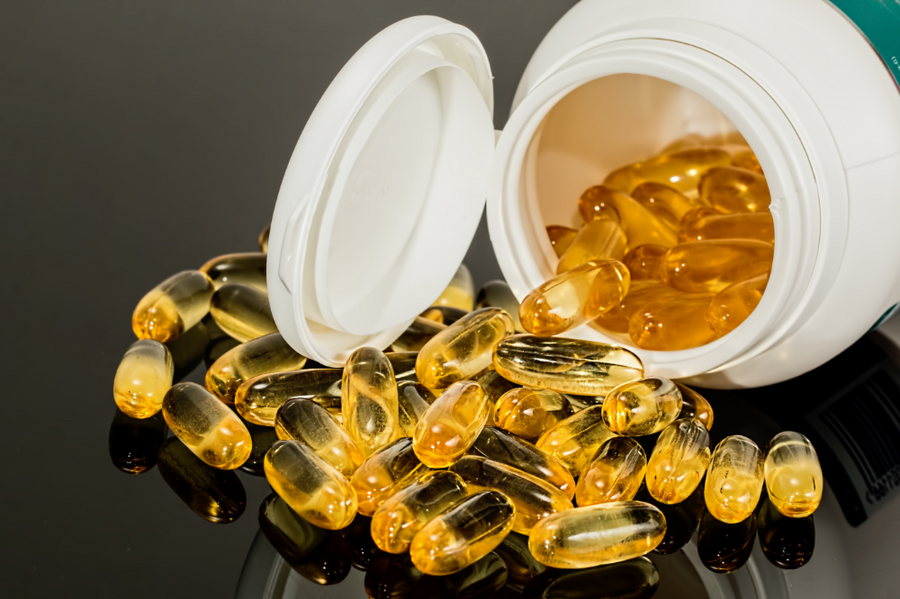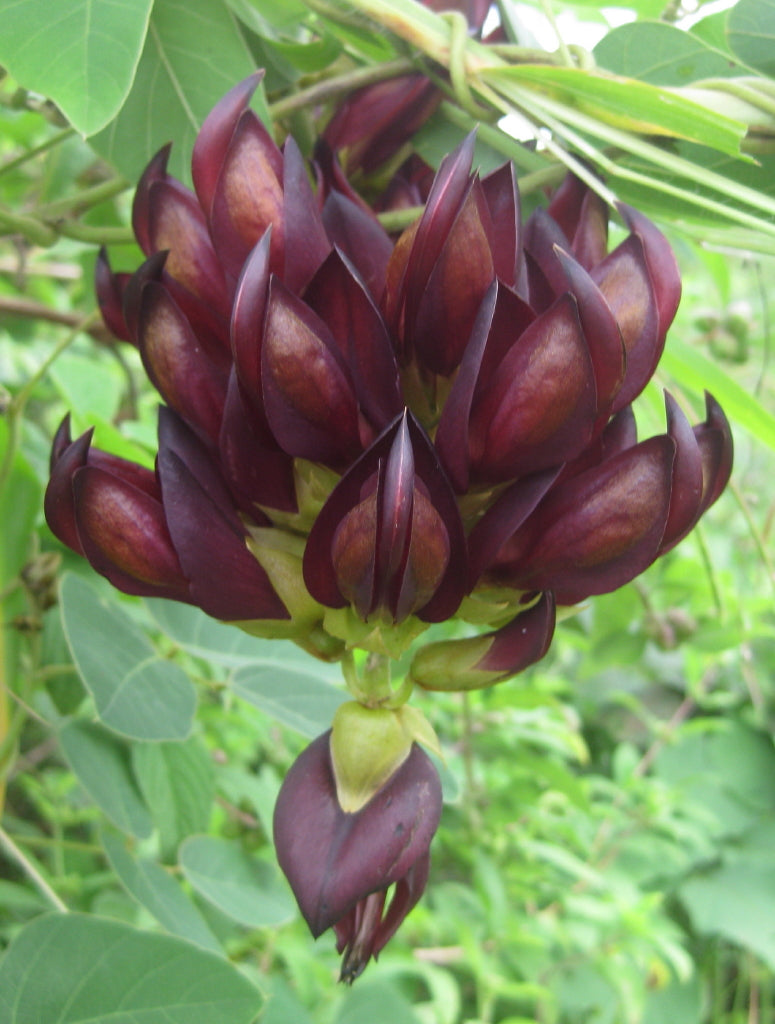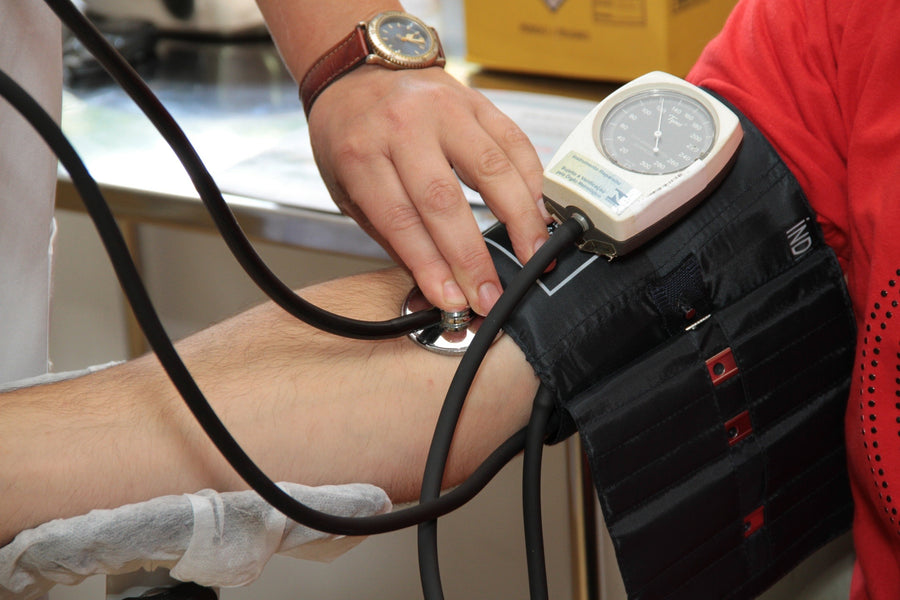
One of my passions as a medical doctor and nutrition expert is to self-experiment with vitamins, herbs, teas, and all sorts of dietary supplements. I learn from these trials and it helps me understand the published research in a more complete way. I also get feedback from patients and the countless emails we receive from users who tell us about their supplement use and what they notice (I really appreciate reading these anecdotes).
A few weeks ago I experimented with the interesting herb Mucuna Pruriens again (it had been several years since I last tried it). One late afternoon (after I had taken 2 capsules in the morning a half hour before breakfast) I walked in a light drizzle in a park near my home. All the plants, grasses, trees, flowers, and the wetness on them seemed so alive and vibrant. I felt content, in a subtle, peaceful way; life seemed a little more special or magical. This mood elevation was different than what I had experienced on 5-HTP, which influences serotonin levels. It was different than what I had felt on the natural anti-depressants SAM-e and St. John's wort, which influence the levels of several brain chemicals in the brain. Mucuna, also known as velvet bean, is an herb that has a chemical in it called L-Dopa which the body uses to make dopamine. It has been used by Ayurvedic doctors as a natural treatment for Parkinson's disease, depression, and libido improvement.
But before I tell you more about it, let me give you a little background how I came about experimenting with dietary supplements and why I believe, as a writer on this topic, it is important that I do so.
My Experimental History
Back in the December 1994 I was walking through the vitamin aisle of my local health food store when I noticed a bottle of melatonin on the shelf. From medical school I knew this was a pineal hormone that helped with sleep. I was surprised that it was now available over the counter. The owner of the store told me that they had just received a shipment a week earlier and he did not know what it was good for. I bought a bottle and that very night I took a 3 mg pill. Not only did it help with sleep onset, but in the morning I realized I had had intense, vivid dreams. I knew this hormone supplement was going to be big news and this motivated me to research and write my first book on a supplement (called Melatonin: Nature's Sleeping Pill, which, in 1995, ended up being a bestseller and launched my writing career). I tried the melatonin again several additional nights and each time the vivid dreams occurred again (once in a while I had a nightmare). About that time there were several other books being written on melatonin by researchers who had been studying this hormone for decades. I called one of these researchers, at a university in Texas, and we had a nice chat. I asked him whether he had experienced a similar effect on dreams and his answer astounded me. He said he had never taken melatonin himself, he just gave it to the mice in the laboratory. He was not aware that melatonin caused vivid dreams. I realized at that point that there was so much more to be discovered about all kinds of herbs and supplements that researchers had not even thought about looking into.
For years after that I continued writing books on many topics, including DHEA, creatine, stevia, and then on to Mind Boosters and Natural Sex Boosters. Each time I wrote a chapter on a particular supplement not only did I do a thorough review of the published medical research—at times it is limited—but I made sure I tried the supplement myself starting with low doses and increasing daily until I felt something, positive or negative. Over many decades of doing this self-experimentation I have learned an enormous amount about their effects on my body and I am now very sensitive to any changes that occur.
Back to the Mucuna Pruriens Supplement
Mucuna is of one of the few plants in nature that contains L-dopa in a significant concentration. Most species have a content of about 2 to 5% L-dopa per weight. Mucuna, as a supplement, is sold as a regular powder and also in a more concentrated form where the content of L-dopa in the herb is increased. The product I tried is by Physician Formulas which has a L-dopa content standardized to 15%. Each pill has a total of 200 mg of the herb hence the content of L-dopa is 30 mg per pill.
Mind you, most herbs have dozens of substances in them and it is not easy to determine exactly which substance is having what kind of effect on the body or mind since they are all being ingested at the same time and working in our cells and tissues in multiple ways. The benefits that I noticed from mucuna were likely due to the L-dopa content (I took two pills which had a total of 60 mg L-dopa), combined with the other beneficial substances within the plant. Over the next few weeks I plan to continue experimenting with it in different amounts. If you wish to email me your feedback I would be very interested.
Other Mucuna Products Online
There are some mucuna products sold online that have a concentration of L-dopa higher than 15% but they may come at the expense of some of the other beneficial substances within the plant. These are okay to use occasionally but I am concerned about the potential toxicity of high concentrations or amounts of L-dopa used for prolonged periods. When patients with Parkinson's disease are given dopaminergic medications, such as L-dopa, for several years, a condition known as drug-induced dyskinesia can occur.
L-dopa is considered the 'gold standard' for the treatment of Parkinson's disease but high amounts of L-dopa are harmful to brain cells. Fortunately the various beneficial substances within the mucuna plant have shown to be protective against the possible harmful effects of high concentrations of L-dopa. In this instance nature has provided an active ingredient in this plant, the L-dopa, along with various other substances that protect the body and brain. Modern nutritional science is able to concentrate the active ingredient while still keeping most of the rest of the beneficial substances in the pill.
Bottom line
After decades of experimentation I still find this whole field quite fascinating. There is so much to be learned about plants and so many possibilities for medical treatment when used alone, in combination with other dietary supplements, or with medications.
After this experimentation I revised my page on depression to include mucuna as another option to improve mood. We now have at least four dietary supplements that have a strong and immediate influence including 5-htp, Mucuna, SAM-e, and St. John's wort.
Tip: If you plan to take a supplement for the first time, just take it alone without other pills so you know exactly what it is doing without interference. Please review with your health care provider before you experiment with these pills especially if you have a health condition, are older, or are taking medications.








